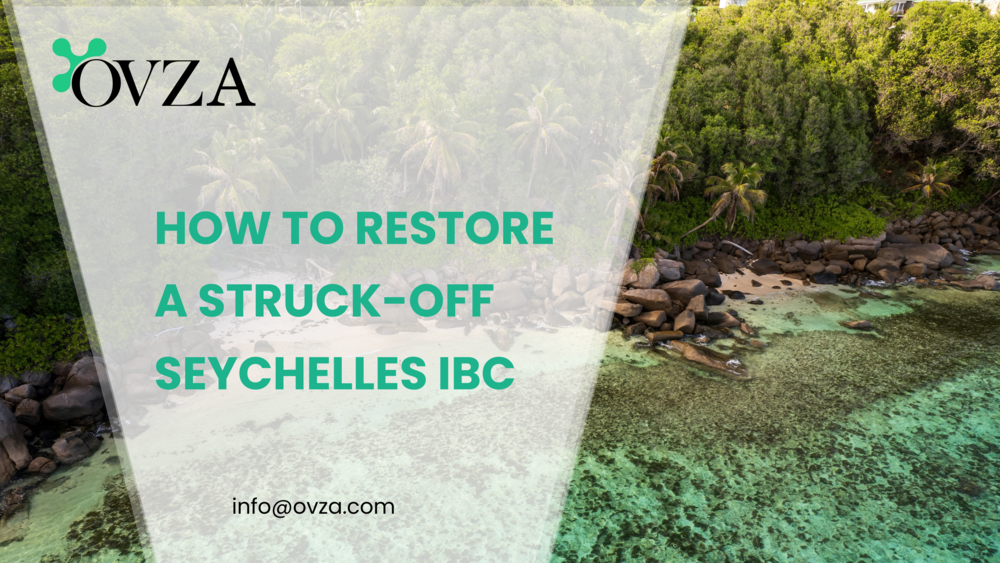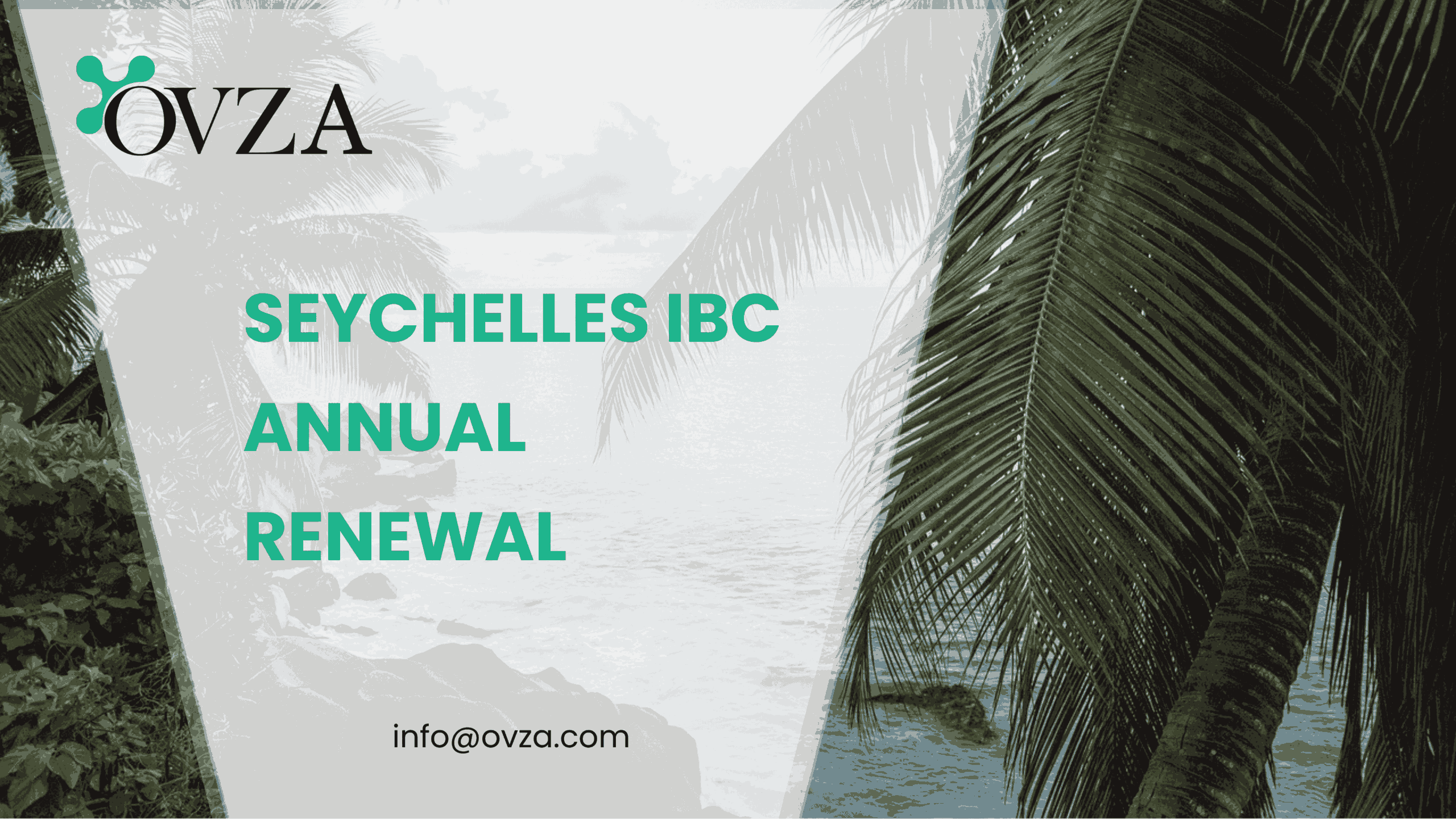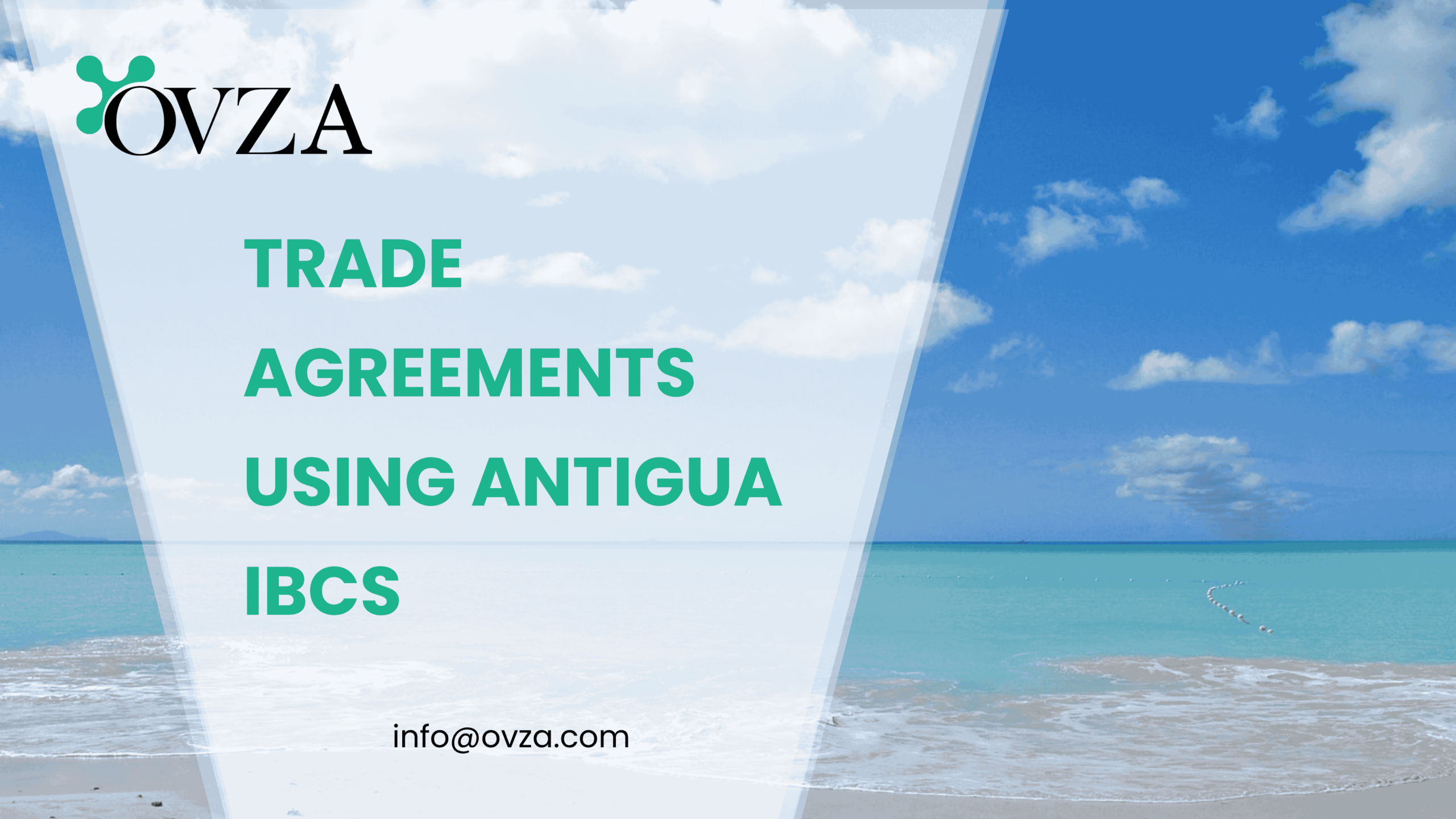To restore a struck-off Seychelles IBC, it is necessary to follow procedures set out in the International Business Companies Act, 2016. The law offers two main avenues for restoration: an administrative application submitted directly to the FSA registrar or a court-ordered restoration issued by the Supreme Court of Seychelles. Restoration is critical not only for the entity’s legal status but also for maintaining its relationships with financial institutions, clients, and counterparties in other jurisdictions.
Delays in restoring a struck-off Seychelles IBC can have serious consequences. Many companies use their IBC to own intellectual property, operate e-commerce platforms, or serve as the parent of foreign subsidiaries. When the IBC is inactive, it can no longer exercise shareholder rights or authorize transactions, leading to regulatory fines, blocked payments, or suspended board actions in jurisdictions like the UAE or UK.
Legal Grounds for Restoration Under Seychelles Law
The legal right to restore a struck-off Seychelles IBC is governed by Section 276 of the International Business Companies Act, 2016. The law distinguishes between straightforward administrative strike-offs such as those caused by unpaid renewal fees and more complex situations that require judicial oversight. If the strike-off occurred recently and was due to non-payment or a technical lapse, the company may apply directly to the FSA Registrar for administrative restoration. However, if significant time has passed or if the strike-off is disputed, the application must be submitted to the Supreme Court of Seychelles.
The table below outlines these two routes:
| Restoration Method | Authority Handling the Case | Typical Circumstances |
| Administrative Restoration | Seychelles FSA Registrar | Simple lapse due to non-renewal or missing agent |
| Judicial Restoration | Supreme Court of Seychelles | Extended lapse, dispute, or registrar refusal |
Applications to restore a struck-off Seychelles IBC must be submitted within five years of the strike-off date. After that period, restoration is only possible with leave of the court in limited cases. Restoration does not happen automatically. It requires filing supporting documents, settling all unpaid government fees and penalties, and often providing a reasonable explanation for the non-compliance. The FSA may also request updated registers of directors and shareholders, proof of local agent appointment, and a formal declaration of intent to resume operations.
Process to Restore a Struck-Off Seychelles IBC
Restoring a struck-off Seychelles IBC begins with determining whether the application qualifies for administrative review by the Seychelles Financial Services Authority (FSA) or requires escalation to the Supreme Court of Seychelles. If the strike-off resulted from minor administrative lapses such as unpaid annual fees or failure to maintain a registered agent, the FSA may allow restoration through a straightforward registrar process. This typically involves submitting a formal request identifying the company, settling outstanding government fees and penalties, and reappointing a licensed local agent.
However, if more than twelve months have passed since the strike-off or if the circumstances surrounding it are contested, the matter must proceed through the judicial route. In this case, a petition must be filed before the Supreme Court, supported by an affidavit explaining the facts, the purpose of the company, and the justification for reinstatement. Commonly required documents include the original certificate of incorporation, the most recent registers of directors and shareholders, and a board resolution approving the application. In certain instances, the court may request a sworn declaration from a director or beneficial owner.
The court will only grant restoration if it finds the application to be reasonable, justified, and free from concerns of illegality or fraud. Once a restoration order is issued, it must be filed with the FSA along with updated statutory records to complete the re-entry of the company onto the register.
The OECD Global Forum on Transparency and Exchange of Information for Tax Purposes, in its 2023 Supplementary Report on Seychelles, emphasized that company restoration is not a mere administrative formality. Instead, it is part of a broader effort to ensure that offshore entities adhere to international standards of transparency and accountability.
The report notes:
“Only companies that have complied with the record-keeping requirements (accounting records and underlying documentation, as well as registers of directors and shareholders) are eligible for restoration.”
This confirms that eligibility to restore a struck-off Seychelles IBC hinges on proper record maintenance and corporate governance not simply the payment of overdue fees. In line with OECD BEPS standards, Seychelles has introduced stronger substance and reporting requirements to ensure that offshore companies demonstrate genuine operational activity before they can be reactivated.
In terms of timing, registrar-led restorations usually take two to four weeks if all documents are accurate and payments are current. Court-ordered restorations are more complex and may require six to ten weeks depending on the court’s calendar and case specifics.
Failure to restore a Seychelles IBC can have serious cross-border consequences. Directors may encounter legal and financial obstacles in jurisdictions where the company holds bank accounts, real estate, or subsidiary shares. For example, UK-based financial institutions often decline transactions authorized by entities that are no longer legally active. Likewise, intellectual property registered under a struck-off IBC may lose enforceability unless the entity is timely restored.
Consequences of Inaction and Post-Restoration Compliance
Failing to restore a struck-off Seychelles IBC within the statutory five-year limit results in permanent dissolution under the IBC Act, 2016. Once this period lapses, the company can no longer be brought back via court or registrar application, unless under exceptional circumstances. For IBCs holding international assets, foreign subsidiaries, or IP rights, this can mean irrevocable loss of control, voided agreements, or frozen assets.
Legal claims made by or against the company during the period of strike-off are likely to be dismissed or unenforceable. Without proper restoration, third parties may refuse to engage with the entity, and banks may decline all transactions. Late applicants often face missing records, deregistered agents, or regulatory hurdles that could have been avoided had the company taken action earlier.
Once the process to restore a struck-off Seychelles IBC is approved, whether by the FSA Registrar or the Supreme Court, there are strict post-restoration requirements. The company must reactivate its licensed registered agent in Seychelles, file updated registers of directors and shareholders, and ensure payment of all outstanding government and compliance fees. A current certificate of incumbency is typically required to resume normal business, and some cases may call for renewed economic substance declarations depending on the nature of the company’s income or control functions.
According to the Financial Action Task Force (FATF), the global push for corporate transparency means jurisdictions like Seychelles are under growing pressure to prevent misuse of inactive or non-compliant entities. As a result, restoration has become a tightly governed process—not just a procedural fix.
Conclusion
Restoring a struck-off Seychelles IBC is a formal legal process that must be completed within five years to regain its legal status and business capabilities. Failure to restore in time can lead to permanent dissolution and serious banking and legal consequences. The process demands updated documentation and compliance with evolving international governance and ownership standards.
Disclaimer: The information provided on this website is intended for general reference and educational purposes only. While OVZA makes every effort to ensure accuracy and timeliness, the content should not be considered legal, financial, or tax advice.











